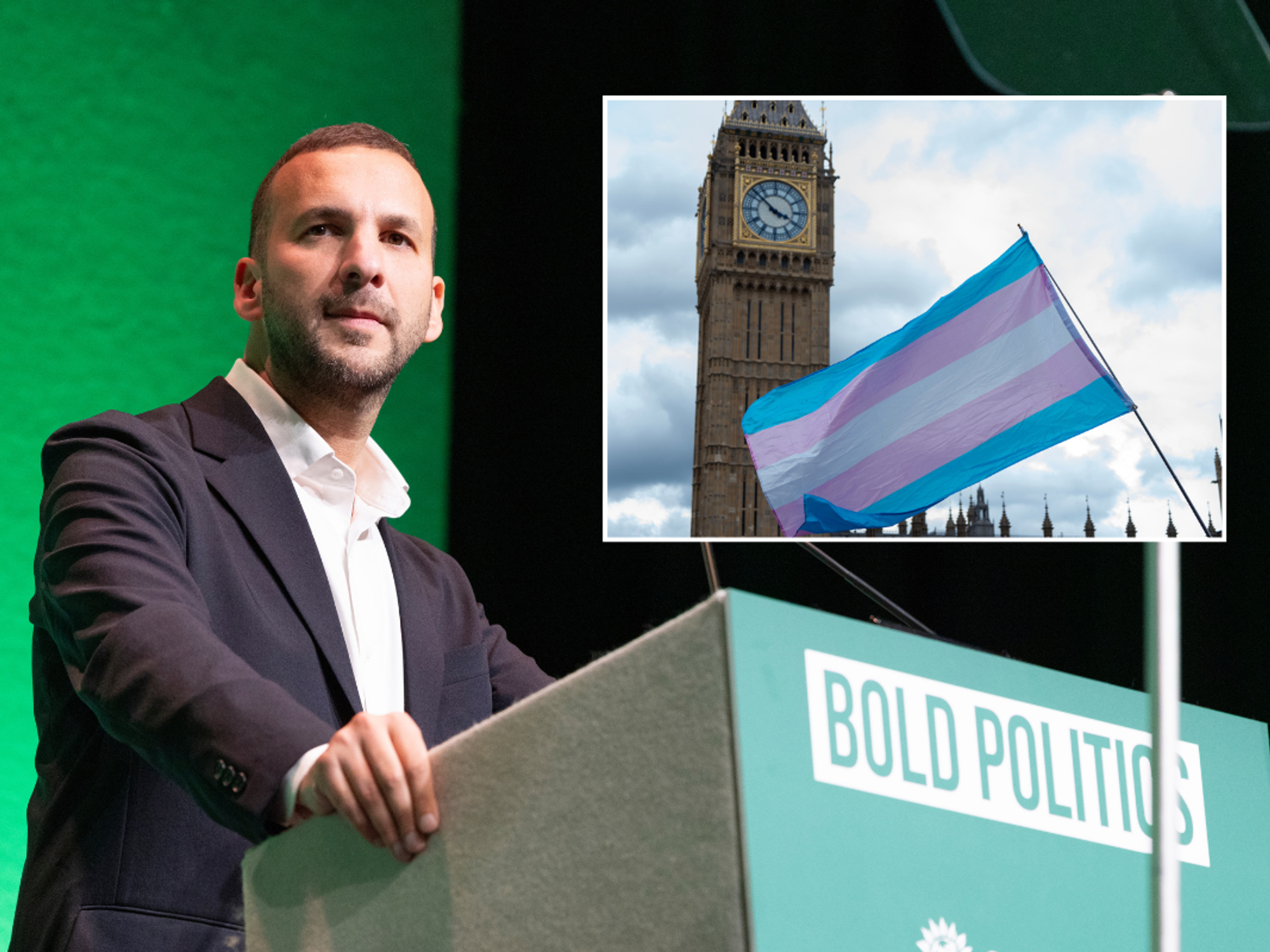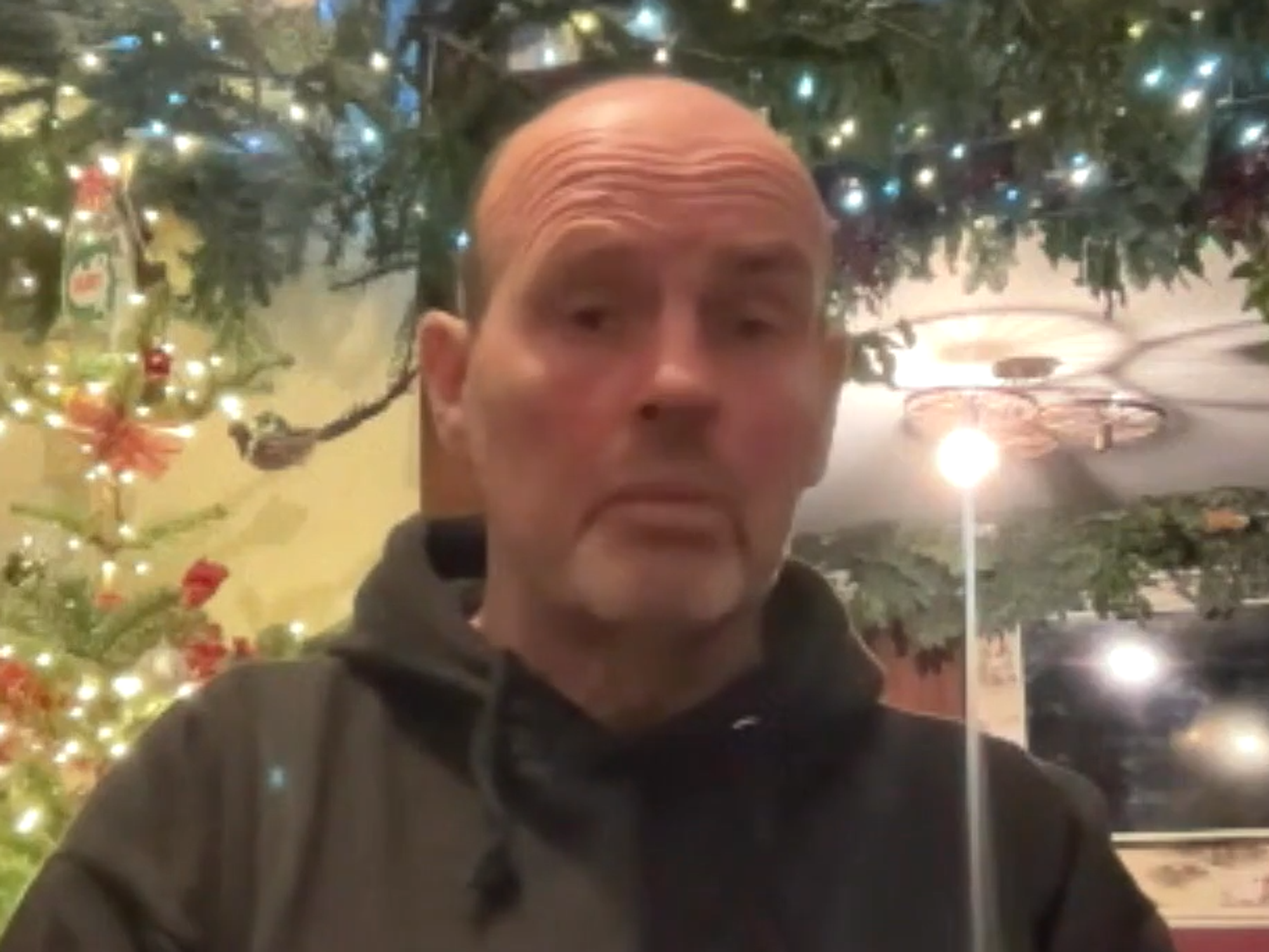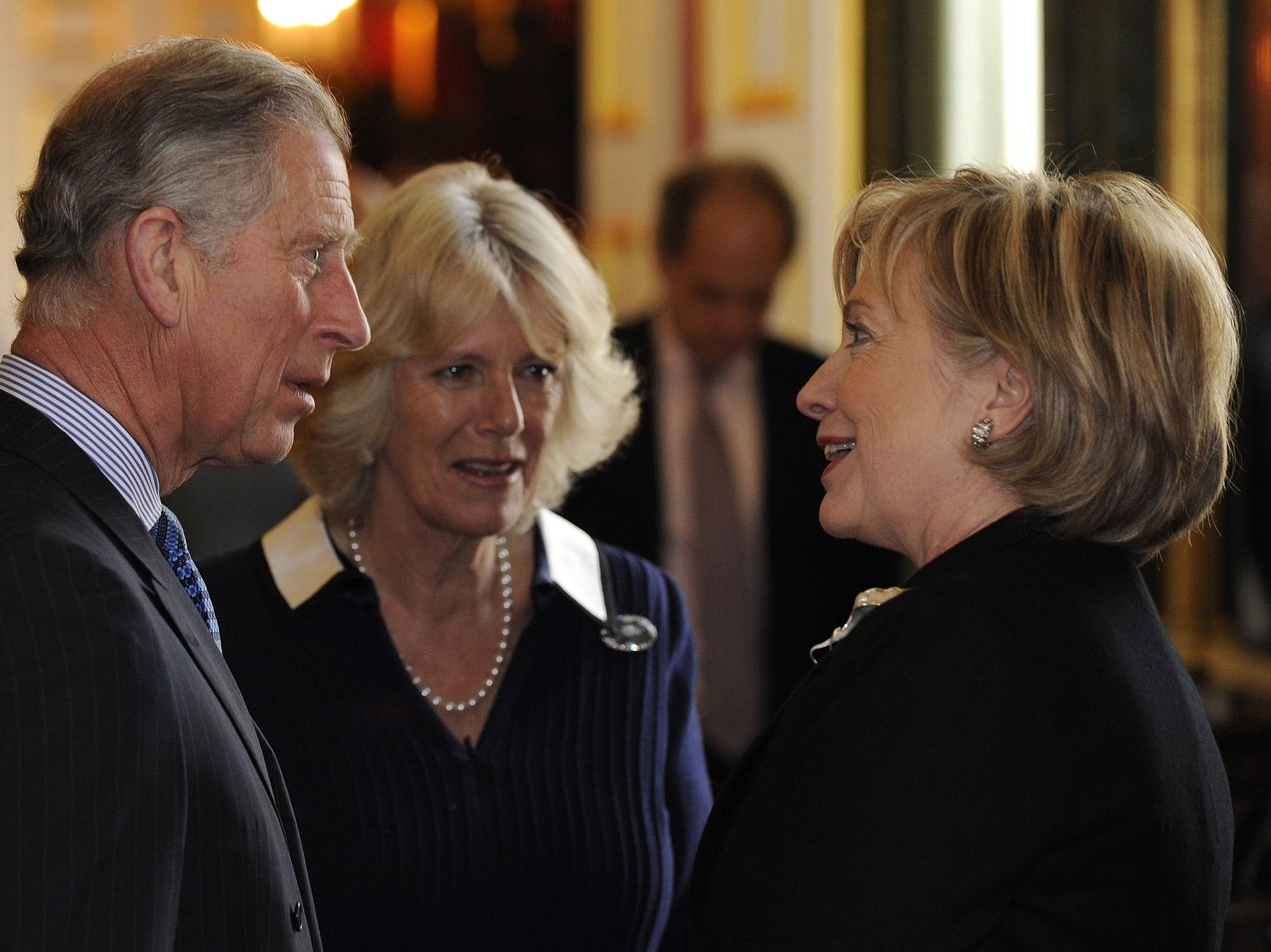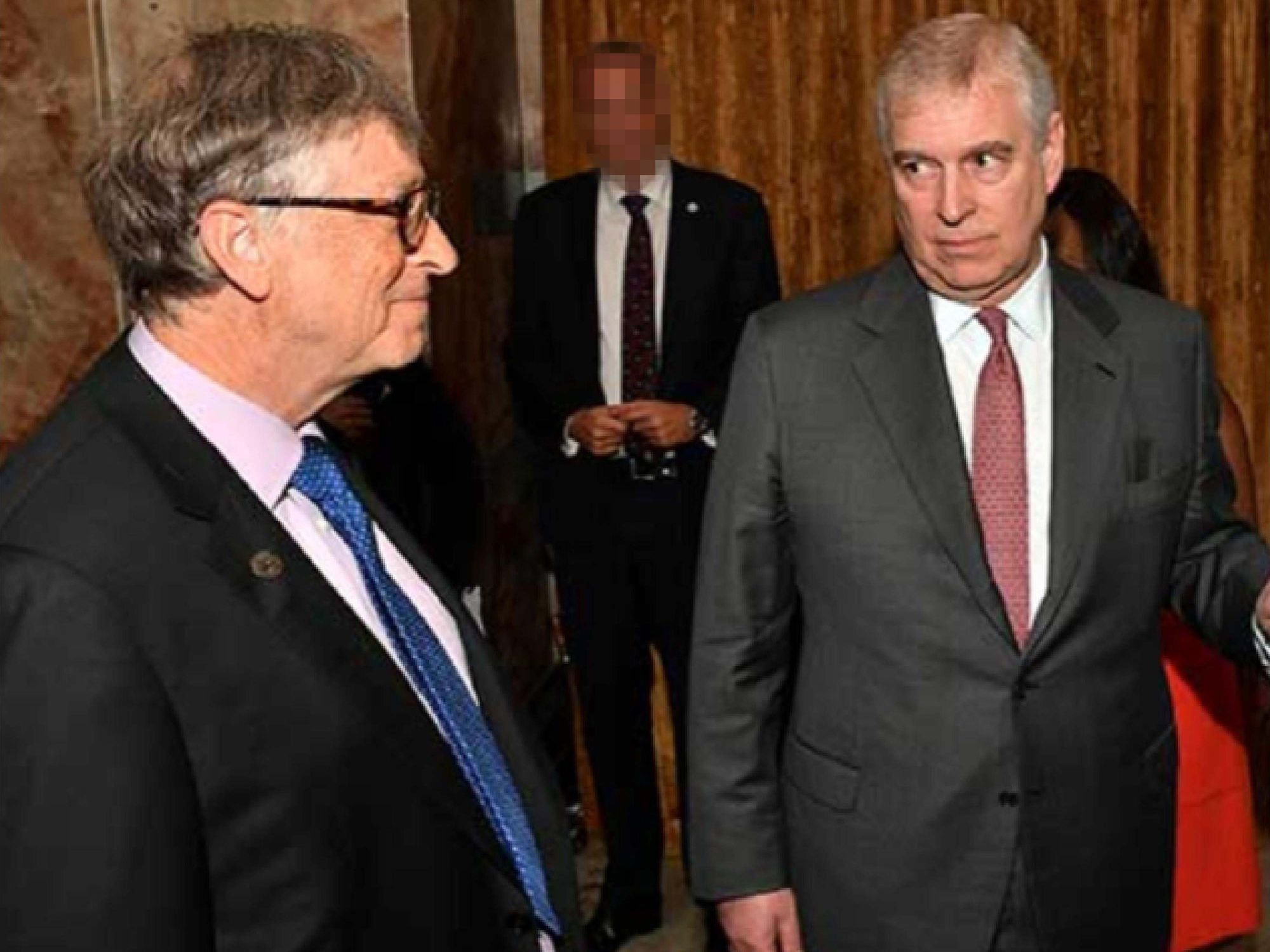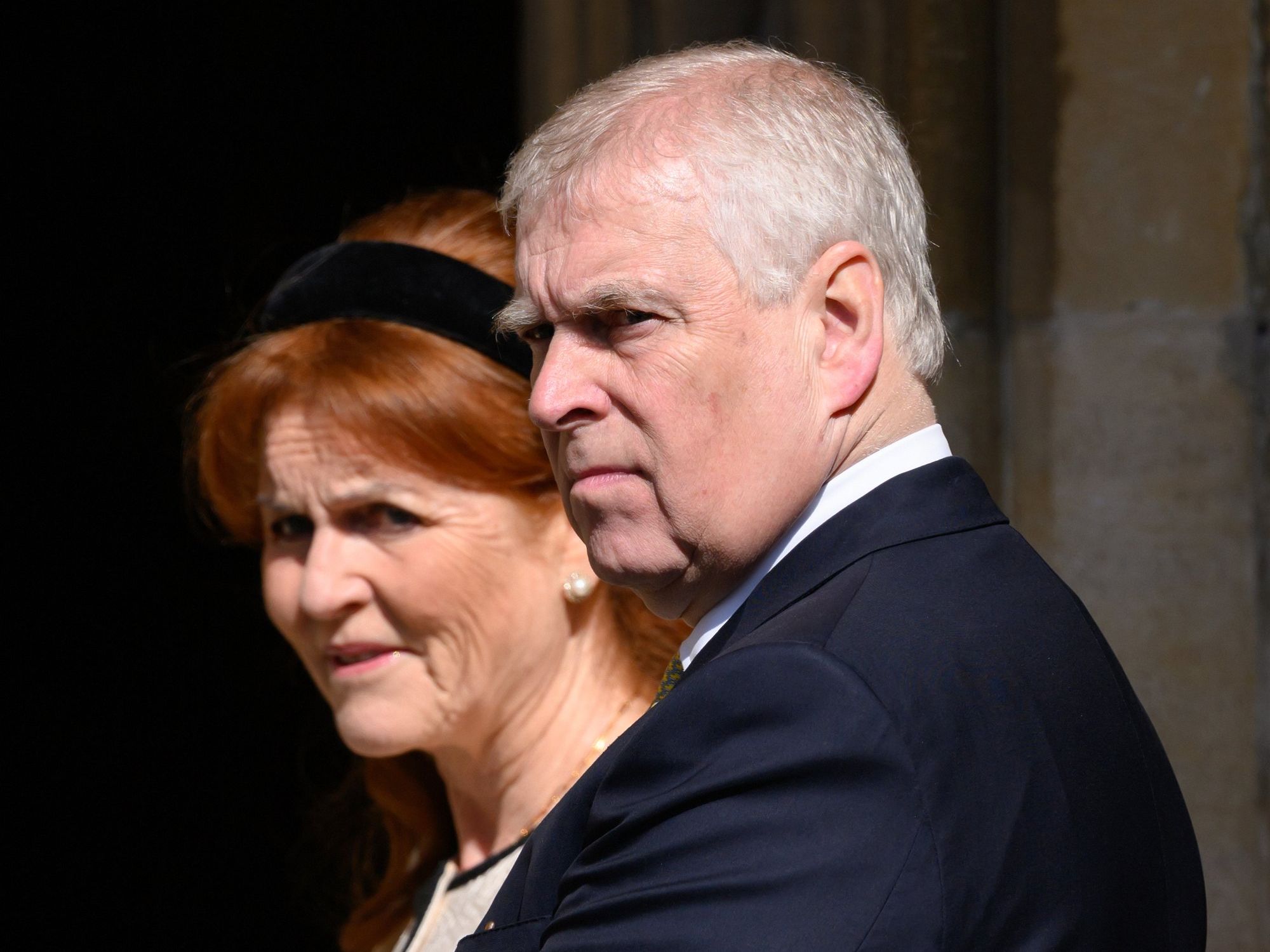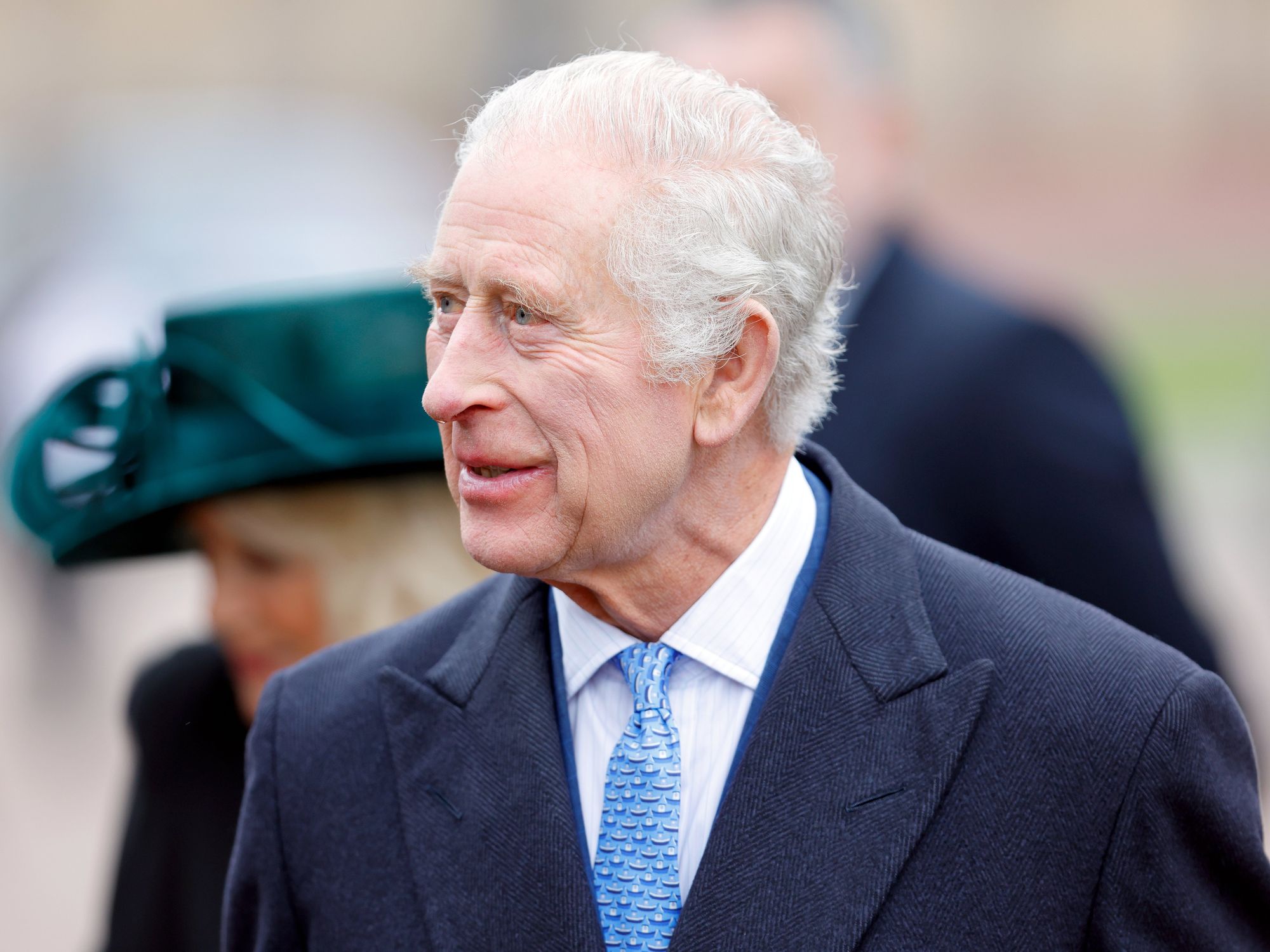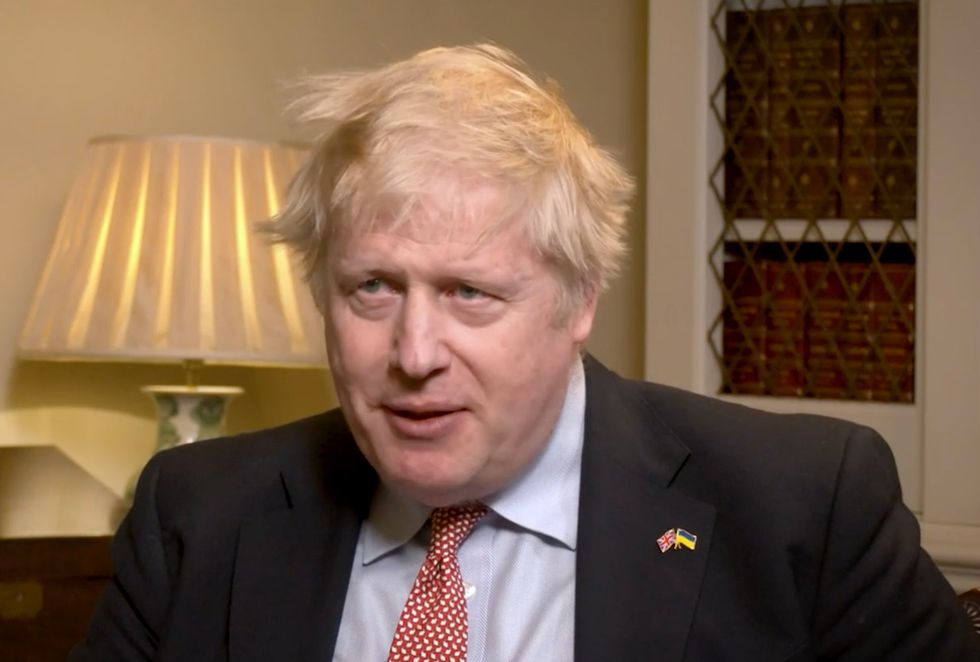Boris Johnson denies he was ever put on a ventilator after being hospitalised with Covid
The Prime Minister spent three days in the hospital in March 2020 after contracting Covid-19
Don't Miss
Most Read
Latest
Boris Johnson denies he was ever on a ventilator when he contracted Covid-19 in 2020, in an exclusive interview with GB News.
The Prime Minister first announced he had tested positive on March 27 two years ago, but assured the public his symptoms were mild and that he was going to continue his duties while self-isolating at Downing Street.
Three days later Mr Johnson was admitted to St Thomas’ Hospital, Lambeth, in what Downing Street called a “precautionary step”, but proceeded to spend three days in the ICU.
The PM described to presenters Philip Davies and Ester McVey how he ended up in the intensive care unit.
Mr Johnson said: "There came a moment when I said it’s not getting better and they said well, we think you ought to go into hospital and have it looked at.
"So, I went into hospital and they were fantastic, they were wonderful."
Prime Minister Boris Johnson speaking to GB News
GB News
Ester interjected: "But I heard there were moments you couldn't even get up the stairs"
Mr Johnson replied: "Anybody who’s had Covid, and there are many thousands of people who’ve been through it in the country today, will tell you that it can be pretty debilitating.
"It can put you flat on your back and that’s what happened to me.
"It was in the early stages of our understanding of it and I went into hospital with it and it was certainly true that my oxygen levels for whatever reason were pretty low.
"For some reason they couldn't seem to get my oxygen levels up to the levels they wanted.
"You should be roughly 94 percent and I was in the eighties. I then had a pretty groggy night and, you know, went down even lower.
"As I’ve said before, the NHS was absolutely amazing and I owe everything to two nurses in particular Jenny and Luis."
Prime Minister Boris Johnson gives a thumbs up as he has his temperature
Stefan Rousseau
Asked if he was put on a ventilator he replied: "They didn’t put me on a ventilator, but this was in the early days when we thought generally that getting people onto a ventilator was a good thing."
This comes as Covid-19 infections in most of the UK remain near or at record levels, with only Scotland seeing a drop in numbers, new figures show.
Some 4.88 million people in private households in the UK are estimated to have had the virus last week, down very slightly from a record 4.91 million in the previous week.
The Office for National Statistics (ONS), which compiles the figures, said it is too early to say if infections have peaked in England and Scotland.
In England, around one in 13 people were likely to test positive for Covid-19 in the week to April 2, or 4.1 million people – unchanged from the week to March 26.
Meanwhile, in Wales, the estimate is up from one in 14 people to one in 13.
Both England and Wales are continuing to see record infection levels.
In Scotland, 396,800 people were estimated to have had the virus last week, or around one in 13, down from one in 12 the previous week.
And in Northern Ireland, the ONS described the trend as “uncertain”, with one in 16 people infected – down from one in 15.
Sarah Crofts, head of analytical outputs for the ONS Covid survey, said: “While infections remain high, there are early signs in our latest data that they may no longer be increasing in some parts of the UK.
“Across English regions, there is a mixed picture in trends and we have seen a welcome decrease in Scotland.
“However, rates in Wales continue to rise and the trend in Northern Ireland is uncertain.
“It is too early to say if infections have peaked in England and Scotland. We will continue to monitor the data closely.”






